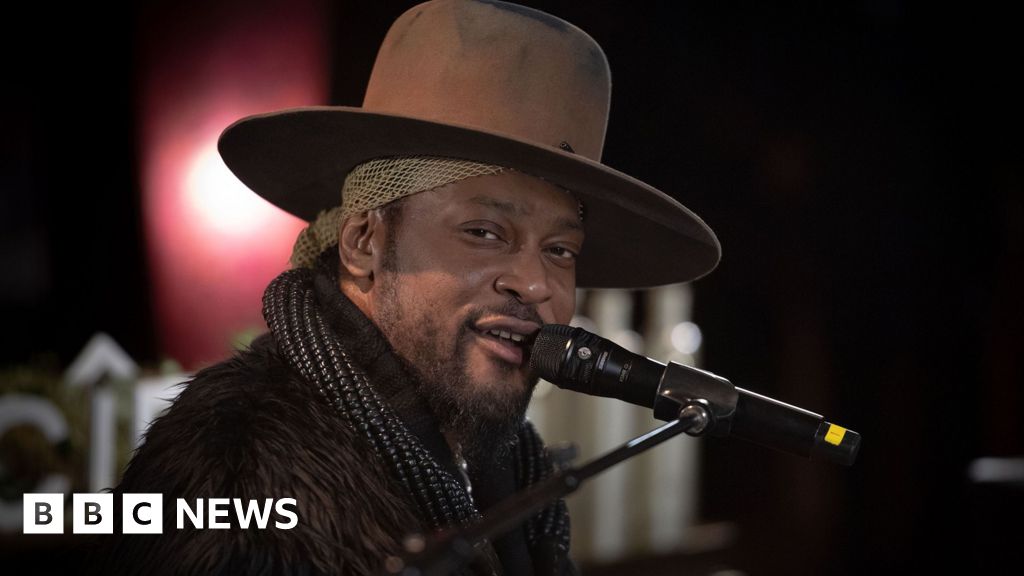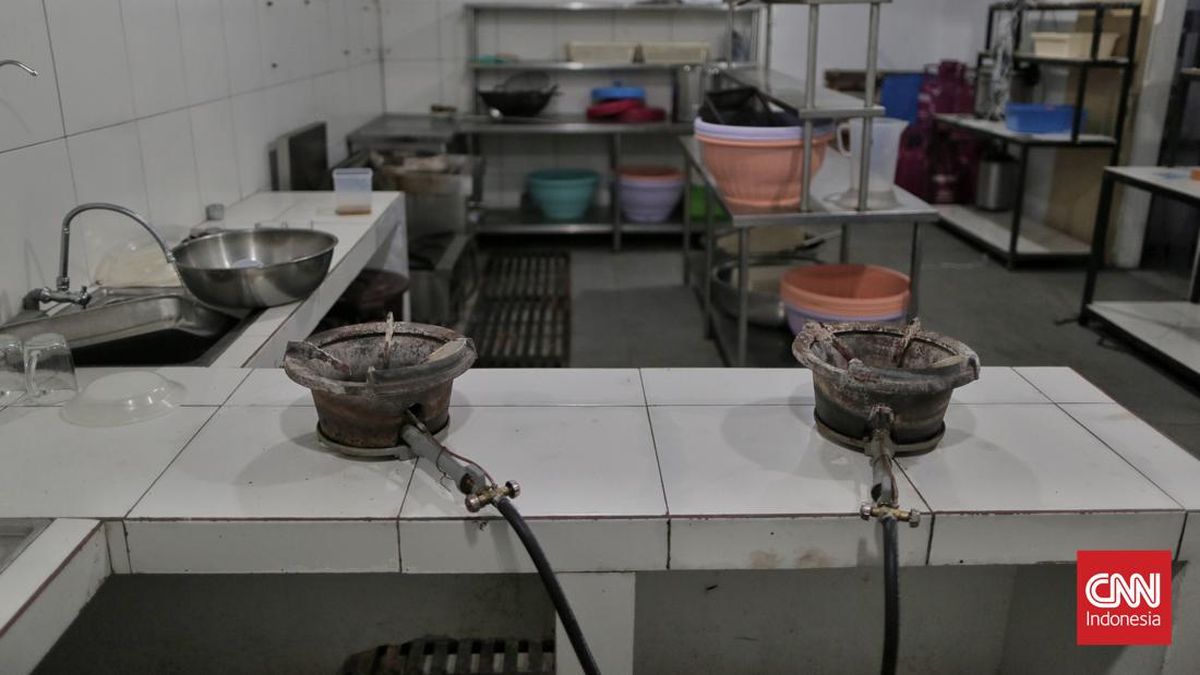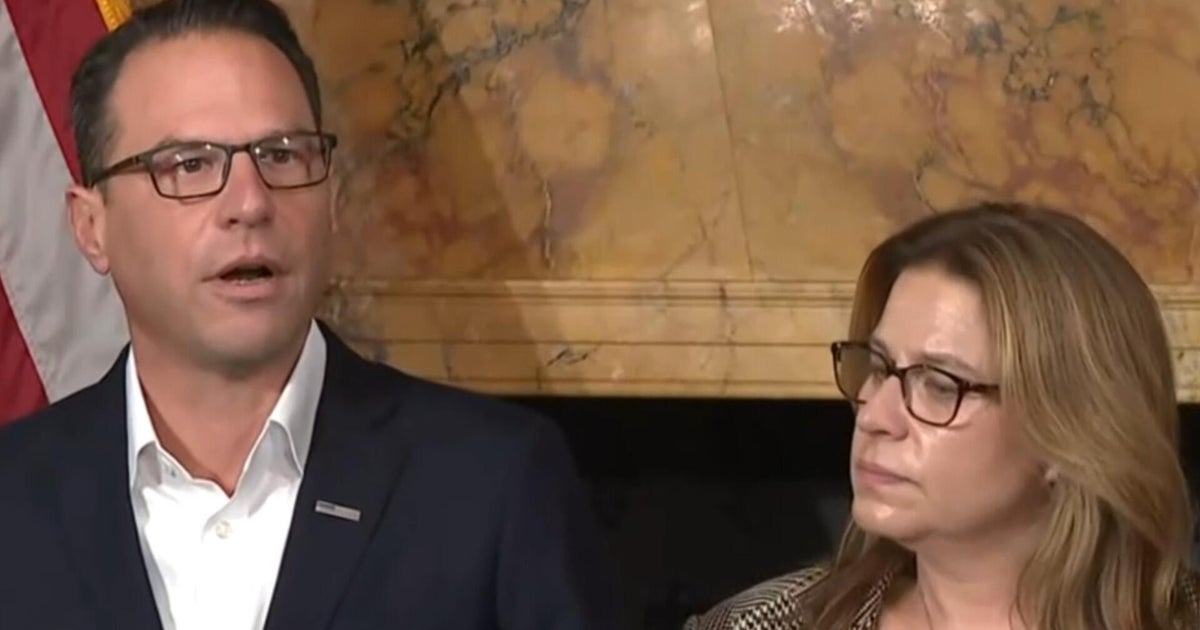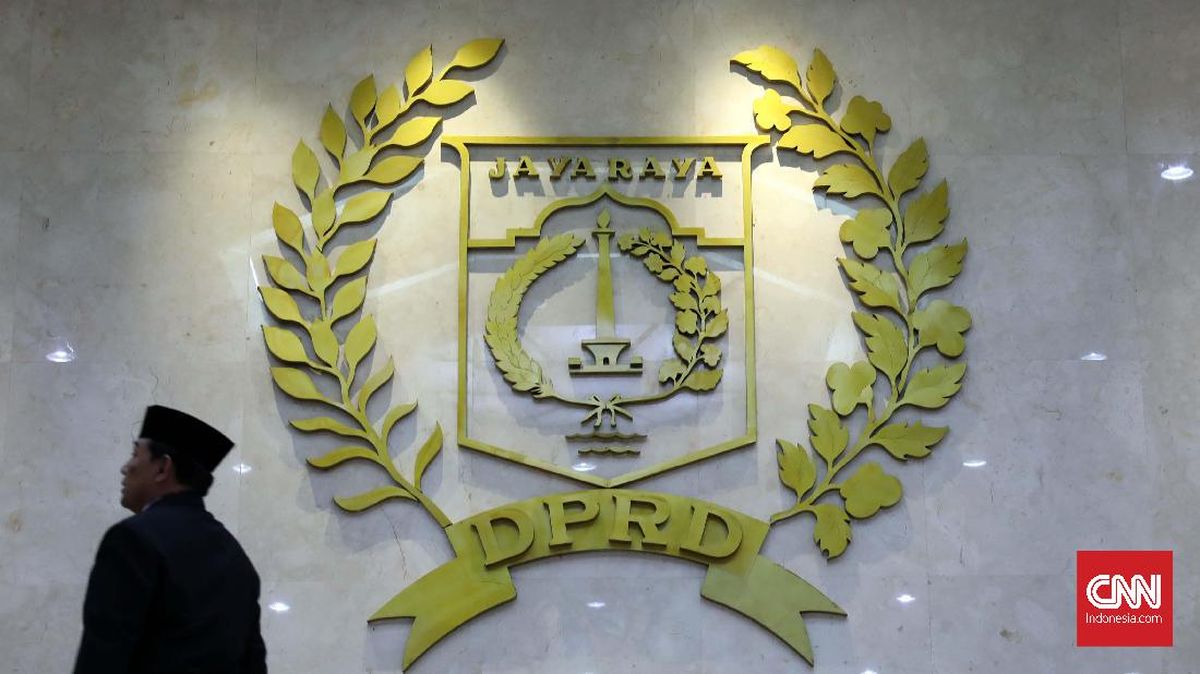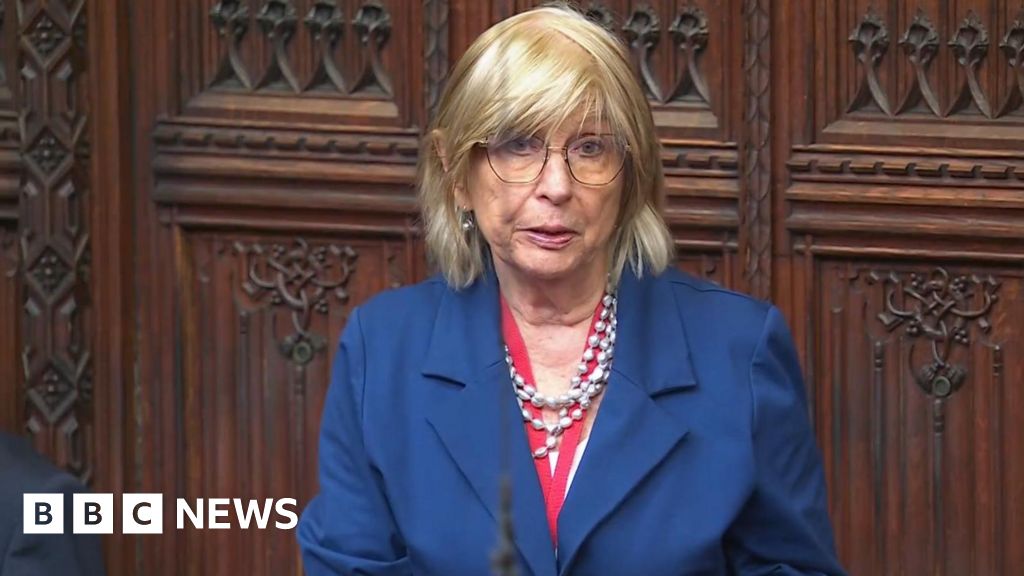Washington — The Supreme Court on Monday rejected a bid to revive a lawsuit brought by two Colorado families who alleged their parental rights were violated when their children attended school-sponsored club meetings that included discussions of gender identity and sexuality and were allegedly discouraged from telling their parents about it.
Though the high court turned away the case, Justices Samuel Alito, joined by Justices Clarence Thomas and Neil Gorsuch, wrote separately to express concern with what Alito said was an unwillingness by courts to confront whether a school district violates parents' rights when it encourages a student's gender transition without the parents' knowledge or consent.
"Petitioners tell us that nearly 6,000 public schools have policies — as respondent allegedly does — that purposefully interfere with parents' access to critical information about their children's gender-identity choices and school personnel's involvement in and influence on those choices," Alito wrote. "The troubling — and tragic — allegations in this case underscore the 'great and growing national importance" of the question that these parent petitioners present.'"
The legal fight was brought by two sets of parents — Jonathan and Erin Lee, and Nicolas and Linnaea Jurich — who asked the Supreme Court to reaffirm that parents have a constitutional right to make decisions about their children's care and upbringing. The families claimed that parents' legal authority is being undercut by school districts nationwide.
The families challenged policies implemented by the Poudre School District R-1 in Wellington, Colorado, which they say urge district employees not to disclose information about a students' gender identity, including to parents.
In one instance, the Lees' daughter, identified in court papers as C.L., was urged to attend a meeting of the Gender and Sexualities Alliance at her middle school. During the meeting, a substitute teacher in the school district spoke about gender identity and sexual orientation, and warned students that it may not be safe to tell their parents about the discussion, according to court papers.
C.L. announced during the meeting that she was transgender, and told her parents when she went home, the family said in a Supreme Court filing. She also recounted the events of the meeting, after which C.L.'s parents removed her from the school district and enrolled their daughter in a private school, according to court filings.
The Lees contacted the school's principal to discuss what occurred at the GSA meeting, and he told the parents that the meetings were expected to be confidential to ensure a safe space for open conversation, according to court papers.
A second student, the Jurichs' daughter, who is identified in court papers as H.J., had a similar experience at after-school GSA meetings, which included discussions of gender identity and the warning about sharing the discussions with her parents.
H.J. was later disenrolled from the middle school after starting eighth grade, when she told her parents she felt unsafe about being in the same building as a teacher who encouraged her to attend the GSA meetings, according to court filings.
Both sets of parents sued the Poudre School District, alleging that their 14th Amendment rights were violated by interfering with their decision-making as parents. They sought monetary damages to reimburse the cost of private school, medical expenses, counseling fees and other costs.
But a federal district court dismissed the lawsuit, and later denied their attempt to amend their suit. The U.S. Court of Appeals for the 10th Circuit upheld that decision on procedural grounds.
In urging the Supreme Court to take up the case, lawyers for the parents warned that the lower court rulings invite the school district to "continue surreptitiously wresting decision-making authority from fit parents unawares and instead vesting that authority in school officials."
"America's long history of protecting parents' legal authority in raising their children is being deliberately dismantled by school districts across the country that have enacted policies to replace parental authority with governmental authority," they wrote in a filing. "These policies actively deprive parents of the very information they need to exercise their legal rights and moral obligations to act in their children's best interests."
But the school district said the Supreme Court should turn the case away and argued that the parents were effectively seeking an "advisory opinion" that is outside the jurisdiction of federal courts.
"[T]he parents seek an advisory opinion that would fail to afford them any relief from the rulings below, and this is the wrong case to consider whether a public school employee's alleged discouraged disclosure regarding gender identity and expression implicates a fundamental right," they wrote in a filing.

